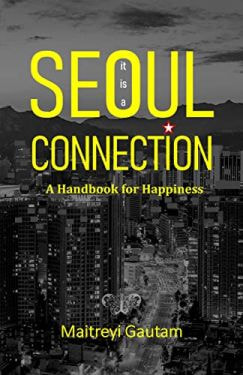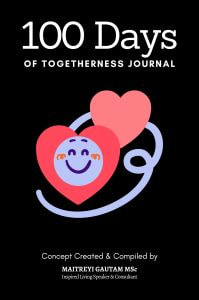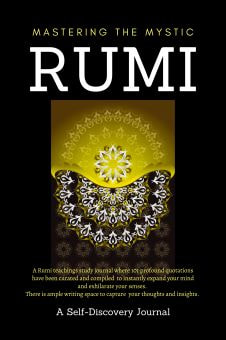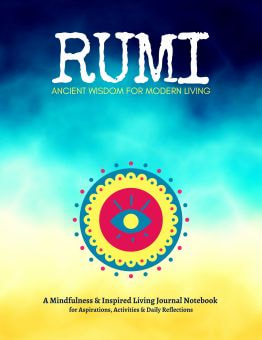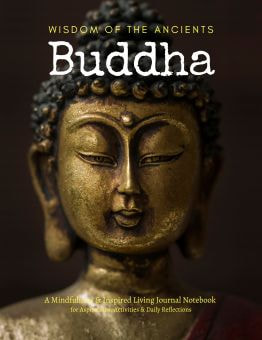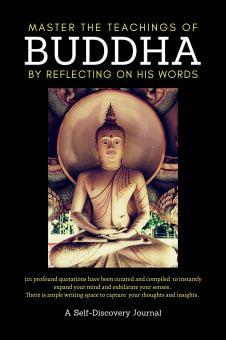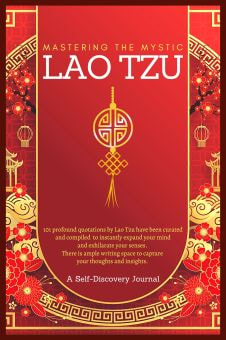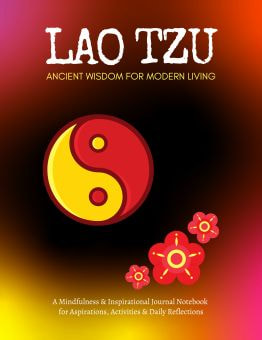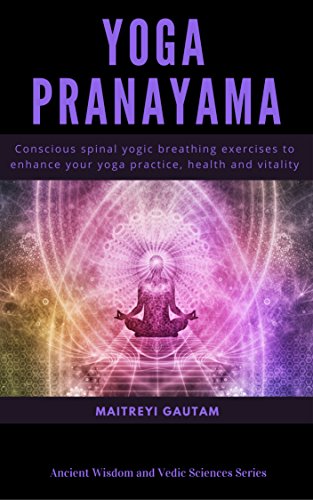1. What is karmic regression?
Karmic regression, often referred to as past life regression, is a form of therapy that uses hypnosis or meditative techniques to recall memories from past lives. It's believed that by accessing and understanding these past life experiences, individuals can address issues, traumas, or patterns they're experiencing in their current life.
2. What's the purpose of undergoing a karmic regression session?
The primary purposes are personal growth, healing, and self-discovery. Individuals often seek karmic regression to:
- Understand deep-seated fears or phobias
- Explore recurring patterns in relationships or behaviors
- Address unresolved issues or traumas
- Gain insights into one's purpose or life path
3. How is karmic regression different from traditional regression therapy?
Traditional regression therapy typically focuses on revisiting and healing traumas from the individual's current lifetime, especially from early childhood. Karmic regression extends this exploration to past lifetimes, operating on the belief of reincarnation and the continuity of the soul.
4. Is it essential to believe in reincarnation to benefit from karmic regression?
While belief in reincarnation can enhance the experience, it's not mandatory. Some view the memories as symbolic rather than literal, serving as metaphors or archetypes that resonate with their current life's challenges.
5. Is karmic regression safe?
Generally, it's considered safe when conducted by trained and experienced practitioners. However, it can bring up intense emotions or traumas. It is essential to ensure you're in a supportive environment and working with a qualified therapist.
6. How long does a session typically last?
A typical session can last anywhere from 1 to 3 hours, depending on the practitioner's approach and the client's needs.
7. Will I remember everything from the session?
Most individuals retain a clear memory of their regression experiences, similar to recalling a vivid dream. However, as with any deep meditative or hypnotic state, some details might fade with time. Journaling immediately after can help preserve the insights.
8. How many sessions will I need?
The number of sessions varies per individual. Some find profound insights in just one session, while others benefit from multiple sessions to explore different facets of their past lives.
9. Can everyone access their past lives?
While many people can access past life memories, some might find it challenging, especially during their first attempt. Trusting the process, being open-minded, and practicing relaxation can enhance the experience.
10. Is karmic regression a replacement for traditional therapy?
While karmic regression can offer valuable insights and healing, it is not a replacement for traditional therapy. It's best used as a complementary approach.
Conclusion:
Karmic regression is a deep and introspective journey, offering individuals a unique lens through which to view their challenges, patterns, and life's purpose. While it might not resonate with everyone, those who embark on this journey often find transformative insights that enrich their understanding of themselves and their place in the world. If you are considering karmic regression, ensure you approach it with an open mind and seek out a reputable practitioner.


